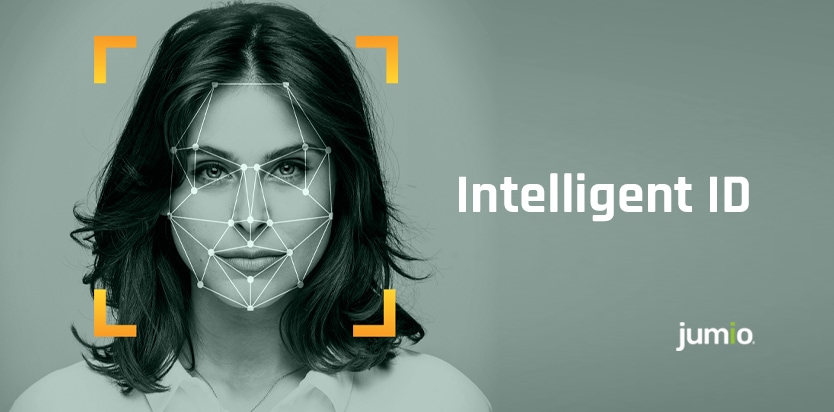
Not all biometrics are the same. Functionally they do the same thing — measure and compare unique physical or behavioral traits — but smart biometrics, which are enhanced by artificial intelligence and machine learning, adapt and evolve with every use. Smart biometrics are the foundational aspects of a broader trend that FindBiometrics calls “Intelligent ID” — a key technology for the future of our increasingly digital and mobile lives.
AI-enabled biometrics offer revolutionary enhancements to the identity ecosystem and can effectively improve every aspect of the identity lifecycle while providing three key benefits:
- Enhanced speed, accuracy and scalability of identity verification and authentication
- Reduced costs of identity verification and authentication
- The ability to flexibly respond to new and emerging fraud threat
Incorporating smart biometrics into your identity lifecycle is more than just a matter of enhancements. You can’t fight fraud without AI, which enables a given technology to adapt to constantly evolving threats. In the absence of intelligent identity technology, we will see continued failure of the legacy security frameworks which rely on static data or credit bureau queries given the breadth and depth of historic data breaches that defined the past decade. Without AI and liveness detection, fraudsters will learn to spoof biometrics systems as easily as they crack passwords, and consumers will lose confidence in what was once hailed as strong authentication.
AI-driven biometrics are clearly necessary. But how do they fit into the process of creating a well-anchored, unbreakable trust chain?
Download Enhancing Trust with AI-Driven Biometrics, a new FindBiometrics white paper sponsored by Jumio and FaceTec, to learn why AI-driven biometrics are critical to addressing the evolving threats of online identity fraud and how to create a strong trust anchor for digital onboarding. You’ll also learn the three phases of building a continual chain of trust and eight specific use cases for intelligent ID.
This white paper builds on the ideas explored in Trusted Identity from Start to Finish, which established the foundational concepts of identity verification via remote onboarding, continuous authentication and certified liveness detection in relation to digital identity systems.
